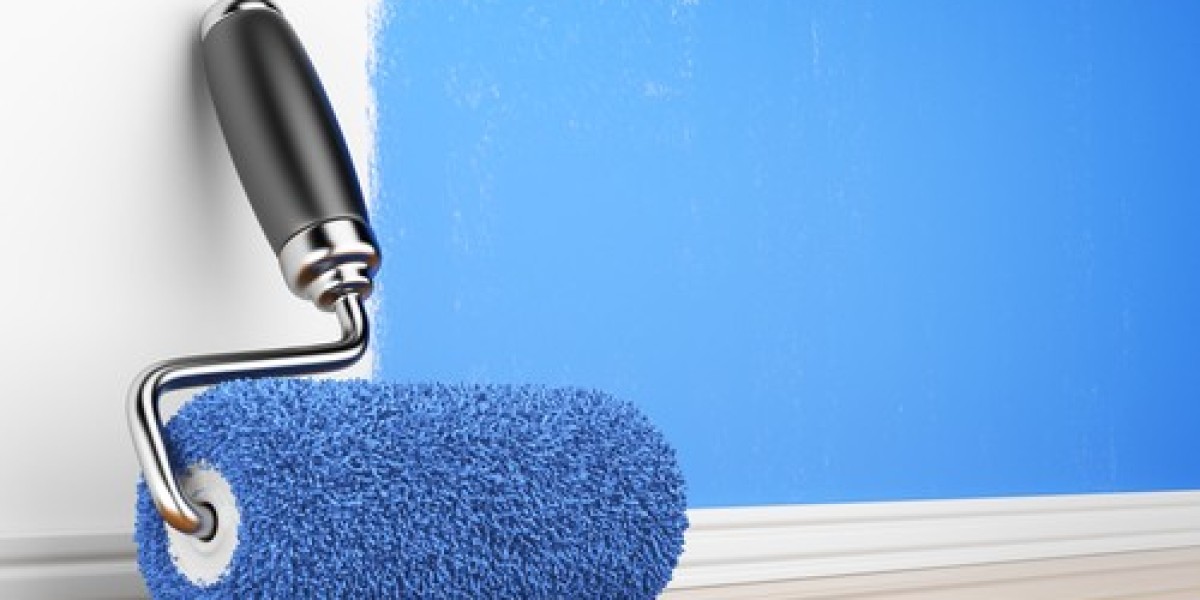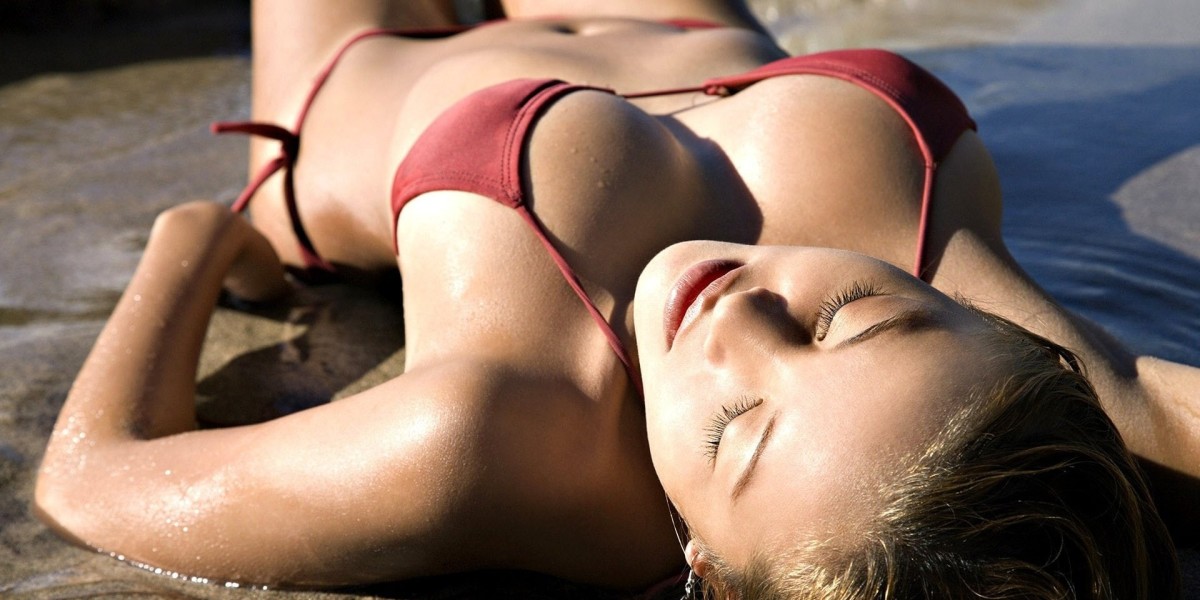Can Epoxy Flooring Withstand Dubai’s High Temperatures and Humidity?
Dubai is a city of extremes—soaring skyscrapers, luxurious villas, and equally intense weather conditions. With summer temperatures regularly rising above 45°C and humidity levels that can reach 90%, flooring materials in Dubai face constant challenges. Homeowners and businesses alike need surfaces that not only look elegant but can also handle this demanding climate.
Among the options available, epoxy flooring has become a popular choice. But can it really withstand Dubai’s combination of heat, humidity, and dust? The answer is yes—when properly installed, epoxy flooring performs exceptionally well in Dubai’s environment. Let’s explore why.
Understanding Epoxy Flooring
Epoxy flooring is made by mixing resin and hardener, which react chemically to form a hard, plastic-like surface. Applied over concrete, it creates a seamless, durable, and non-porous finish. Its glossy appearance, combined with strength and easy maintenance, makes it suitable for both residential and commercial spaces.
The real test, however, is how it behaves under Dubai’s harsh climate conditions.
Epoxy Flooring vs. High Temperatures
1. Heat Resistance Once Cured
After epoxy fully cures, it becomes highly resistant to heat. Quality epoxy coatings can handle temperatures between 65°C to 90°C without softening, which is more than enough for indoor spaces in Dubai.
2. No Cracking Under Thermal Stress
Unlike tile or wood, which may crack, warp, or expand due to sudden temperature changes, epoxy remains dimensionally stable. Even in garages or industrial areas where vehicles and machinery add extra heat, epoxy performs reliably.
3. UV Protection for Outdoor Spaces
Prolonged direct sunlight can sometimes cause epoxy to yellow or fade. In Dubai, where sunlight is intense, this is addressed by applying UV-resistant topcoats. This ensures epoxy maintains its clarity and color even in semi-outdoor areas like garages, balconies, and parking spaces.
Epoxy Flooring vs. Humidity
1. Moisture Resistance
Epoxy flooring is non-porous, meaning it does not absorb water or allow moisture to seep through. In Dubai’s humid months, this makes it ideal for both homes and commercial settings, as it prevents swelling, warping, and mold growth.
2. Protection for Underlying Concrete
Humidity can weaken concrete floors over time, but when sealed with epoxy, the surface becomes waterproof. This barrier prevents damage to the concrete base, increasing the floor’s overall lifespan.
3. Hygienic and Easy to Clean
High humidity can sometimes promote bacterial growth, especially in kitchens, hospitals, or gyms. Epoxy flooring’s seamless surface makes it resistant to bacteria, dust, and allergens—ensuring a clean, safe environment.
How Epoxy Flooring Performs in Dubai’s Climate
Residential Spaces
For villas and apartments, epoxy flooring provides long-term durability and comfort. In kitchens, bathrooms, and garages—areas often exposed to moisture and heat—epoxy remains stable. Many homeowners in Dubai also choose metallic epoxy for its luxury finish, combining beauty with resilience.
Commercial Spaces
Offices, showrooms, and shopping malls in Dubai experience constant foot traffic along with exposure to humidity from air-conditioning systems. Epoxy flooring excels here by offering a scratch-resistant, easy-to-maintain, and visually appealing surface.
Industrial Spaces
Warehouses, factories, and car parks face the toughest conditions, including heavy machinery, oil spills, and extreme weather fluctuations. Epoxy mortar and anti-static epoxy systems are designed for such environments, proving their strength in Dubai’s industrial sector.
Factors for Maximum Performance in Heat & Humidity
To ensure epoxy flooring withstands Dubai’s climate, several best practices should be followed:
Professional Installation – The floor must be properly prepared, with moisture barriers applied where necessary. Poor installation can lead to bubbling or peeling.
Choose UV-Resistant Systems – Especially important for outdoor and semi-outdoor areas.
Regular Cleaning – Sweeping away dust and sand prevents micro-scratches that can dull the surface.
Periodic Resealing – Adding a fresh topcoat every few years enhances heat and humidity resistance.
Lifespan in Dubai’s Conditions
With professional installation and maintenance, epoxy flooring in Dubai typically lasts:
Residential homes: 10–15 years
Commercial spaces: 7–12 years
Industrial settings: 5–10 years
This makes epoxy one of the most cost-effective long-term flooring solutions for Dubai’s climate.
Conclusion
So, can epoxy flooring withstand Dubai’s high temperatures and humidity? The answer is a resounding yes. Its heat resistance, moisture protection, and seamless design make it perfectly suited to the region’s environment.
Whether in a luxury villa, a high-rise office, or a busy warehouse, epoxy flooring offers a combination of durability, style, and practicality that few other materials can match. With UV-resistant coatings and proper installation, epoxy doesn’t just survive Dubai’s climate—it thrives in it.Read more information vist our site chatterchat.







